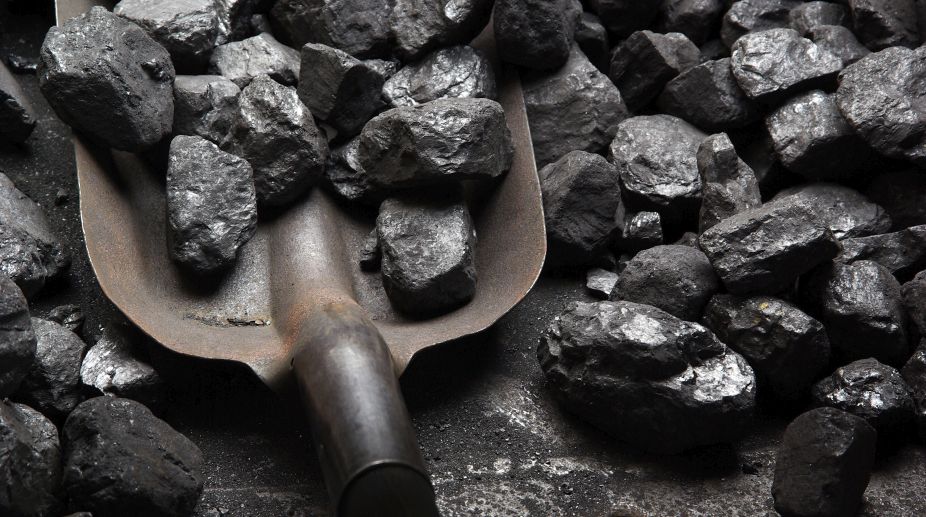Teachers’ job scam: CBI tells court of nexus
The CBI today submitted in Calcutta High court that the teachers’ recruitment scam at the primary level was a fallout of an unholy nexus between Tapas Mandol and Kuntal Ghosh

(Photo: Getty)
Former Coal Secretary HC Gupta and two other ex-bureaucrats were convicted of corruption by a special CBI court on Friday in the coal scam or ‘Coalgate’ case. The conviction is with regard to the allocation of a coal mining block in Madhya Pradesh to a private company. This is the first conviction of government officials in any of the 14 coal scam cases being looked into by the CBI. The two others held guilty are KS Kropha, who was Joint Secretary in the Ministry of Coal, and KC Samria, who was a director in charge of coal allocation. The Statesman.com brings out what this scam is all about and the developments ever since the scam was unearthed in 2012.
What is the issue
Between 1993 and 2011, the government of India allocated 206 coal blocks for free to public and private companies. The Comptroller and Auditor General (CAG) accused the government of India of allocating 194 coal blocks to public and private enterprises for captive use in a flawed, ad hoc manner. The CAG peggd the government losses at Rs. 1.86-lakh crore in absence of competitive bidding.
Advertisement
Estimates made by stock brokerage CLSA suggested that only 41 out of the 206 blocks given away for free were allocated before the end of 2003. This means that 165 blocks were allocated between 2004 and 2011, during which the UPA was in power.
The CAG’s argument was that the exchequer suffered loss because the government’s policy of allocating coal blocks was non-transparent. It alleged that the government did not introduce the process of competitive bidding, and politicians lobbied for allotment to certain private players. The CAG also said some private players got more coal blocks than needed for their captive operations and others sold coal meant for internal use in the open market.
UPA government’s defence
The then Congress government led by Prime Minister Manmohan Singh contended that states ruled by the opposition parties opposed the auction methodology. The government also defended the policy, saying maximising revenue is not always government’s prime motive, as an auction can lead to higher prices hurting consumers.
The case
A complaint by the BJP resulted in the CBI initiating a probe into the allocation of coal blocks and the agency lodged 14 cases against individuals and firms, including high profile industrialists such as Naveen Jindal and his company JSPL, Kumaramangalam Birla, Congress MP Vijay Darda and his brother Rajendra Darda, JLD Yavatmal Energy Limited, AMR Iron & Steel Private Limited, Vini Iron & Steel Udyog, among others. The CAG report also resulted in the formation of an Inter-Ministerial Group (IMG) and recommended de-allocation of 13 blocks and forfeiture of bank guarantees of 14 allottees. A Standing Committee report termed that allocation of all coal blocks between 1993 and 2008 was unlawful.
Advertisement